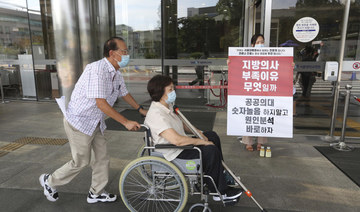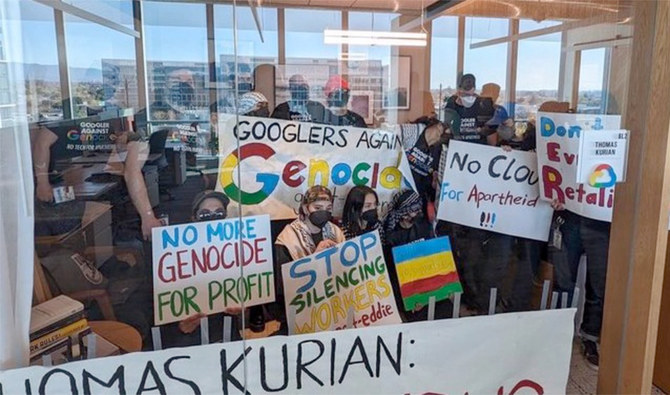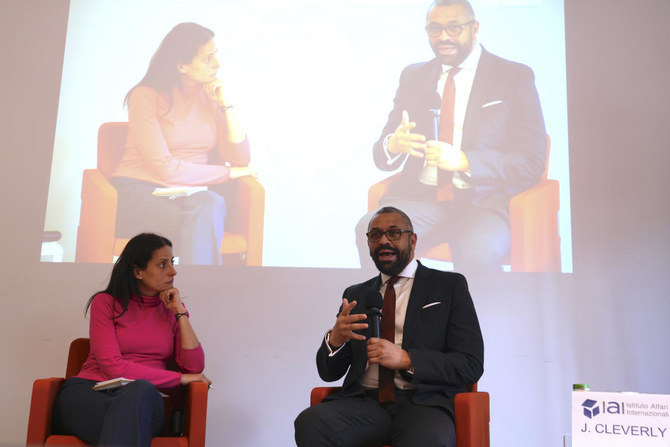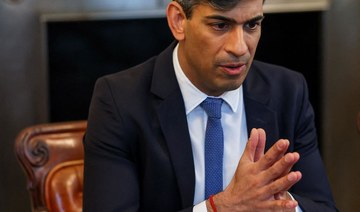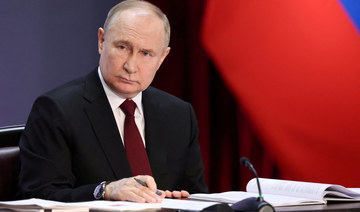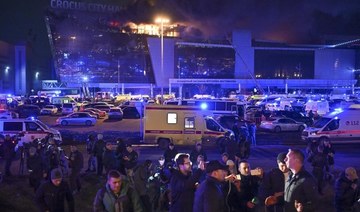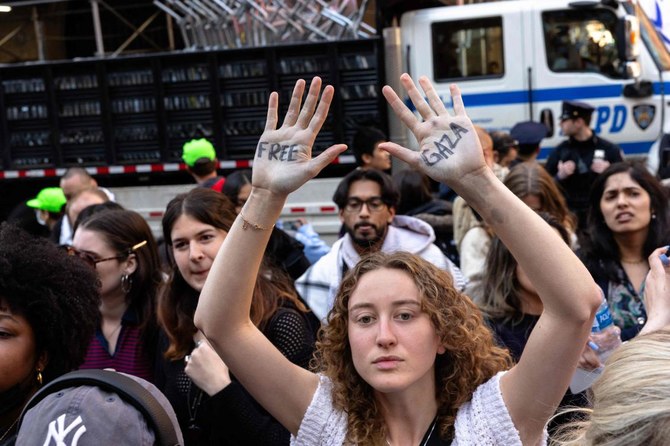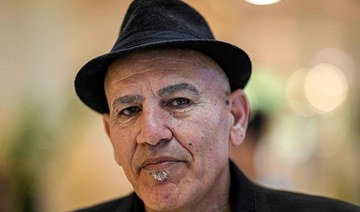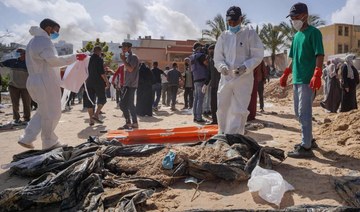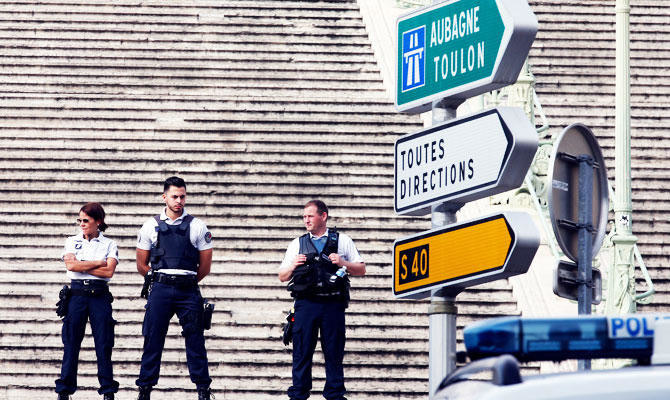SEOUL: South Korean church leader, Rev. Lee Byung-seok, has become battle-weary over the country’s fight against the coronavirus disease (COVID-19) pandemic.
The cleric, who preaches at a small church in Suwon, in northwestern Gyeonggi province, has faced a tough time fending off claims that Christians were the main culprits for spreading the deadly virus.
Since the first case of COVID-19 was reported in February, the religious community has been in the firing line for allegedly propagating the disease in the east Asian country which has to date recorded 23,216 cases and 388 deaths.
“The Christian sect in South Korea faces an unprecedented challenge,” the pastor told Arab News on Wednesday.
“Imagine police bursting into the chapel where prayers are at church, and the officer saying he’s responding to a call from a citizen who disbelievingly reported the church’s breach of a ban on gatherings. This happens at many churches. Except for a few churches, most have been observing health rules despite emotional and financial losses. Enforcing these restrictions upon all churches is too far,” he said.
Gatherings at churches have been tightly controlled by the South Korean government to help prevent the spread of COVID-19.
Under updated quarantine rules adopted on Sept. 20, up to 50 worshippers are allowed to attend churches with a seating capacity of 300 or more. Smaller churches can only take a maximum congregation of 20.
The Sarang Jeil Church, in the capital Seoul, has been at the center of the controversy over claims that Christians were to blame for spreading COVID-19 in South Korea after hundreds of cases were linked to the religious group and the church’s pastor, Jun Kwang-hoon, led a massive anti-government rally on Aug. 15, the country’s Liberation Day.
“The Sarang Jeil Church does not represent the sentiment of the Christian sect here, and the church has been already politicalized to affect other churches,” Lee said.
Health authorities said that the protests in central Seoul, where tens of thousands of Jun’s followers had converged, triggered a second wave of COVID-19 resulting in nearly 1,200 infections in the capital area.
A conservative pastor, believed to be popular among opposition politicians, Jun was accused of “defying health rules” to hold services and anti-government protests, while some of his churchgoers were criticized for refusing to take part in COVID-19 testing.
The situation led to President Moon Jae-in vowing to hold churches accountable for impeding government efforts to contain the disease.
“Certain churches have refused the government’s quarantine guidelines and hindered efforts to tackle the virus spread,” he said during a meeting with representatives of 16 churches and related groups on Aug. 27.
“Prayers or services may bring peace of mind but cannot protect people from the virus. The quarantine is not the domain of God but that of science and medicine,” he added. Jun tested positive for the virus two days after the Aug. 15 demonstration and was jailed after his bail was revoked.
The cleric was also detained earlier this year on charges of violating election laws after he called the president a “North Korean spy.” He was later released on conditional bail which included a ban on him attending political rallies or protests.
On Sept. 18, the Seoul city government sued Jun and his Sarang Jeil Church for nearly $3.9 million in damages related to the COVID-19 cluster “connected to its adherents.”
The city said in a statement that Jun had deliberately hampered its response to the virus outbreak by “refusing to observe health rules and submitting fake records.”
Meanwhile, statistics from the Korea Centers for Disease Control and Prevention (KCDC) showed that at least 1,168 positive patients had been traced to the church cluster.
The numbers were second only to those linked to the Shincheonji Church of Jesus, often regarded as a nationwide cult organization, whose 5,200 cases were at the center of the country’s first wave of infections in February.
“We will take all possible measures to prove the damages incurred by Rev. Jun’s illegal activities that caused damages to the ordinary citizens,” Hwang In-shik, spokesman for the Seoul city government, told Arab News on Wednesday.
He said citizens had faced many difficulties due to the introduction of enhanced social distancing measures following a recent resurgence of cases, as well as the negative impact of the outbreak on the national economy.
“This is a matter of quarantine for the sake of people’s health, not oppressing a certain religion nor a church,” he added.
However, the Presbyterian church has remained defiant, arguing that the left-leaning Moon administration had made it a “scapegoat” for political reasons.
“A key reason why the Moon administration oppresses us is that Jun and his followers have taken the lead in striking Moon’s communist policies,” Kang Yeon-jae, a spokeswoman for Jun, told Arab News.
“We advocate the liberal democracy, which is not a path Moon takes. In this ideological conflict of a free world versus communism, our church is taking the bullet when few stand against Moon’s political blunders and pro-North Korean policies.”
South Korean Protestant churches have deep roots with the US, as American missionaries brought the religion to Korea.
Many of the megachurches in South Korea were founded by Protestants who fled communist persecution in North Korea before the 1950-53 Korean War and benefited from postwar aid from Americans.





